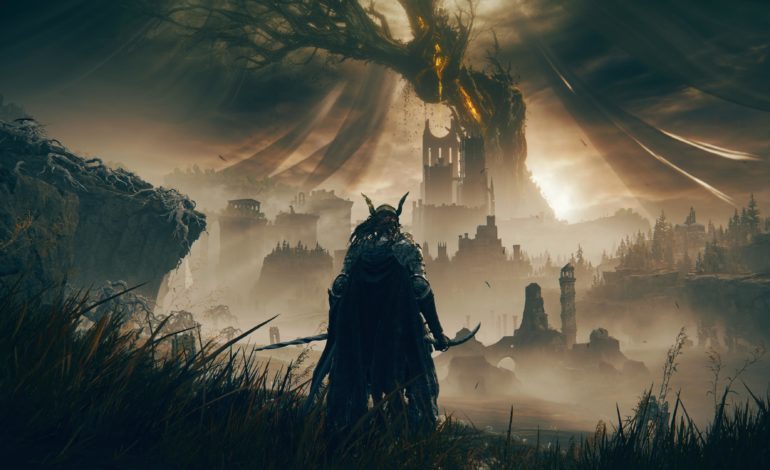

The Game Awards 2024 is set to reveal its list of nominees this coming Monday, with selections drawn from ballots submitted by various video game publications. Ahead of the announcement, Geoff Keighley and his team have released an important clarification regarding the eligibility of nominees, specifically concerning downloadable content (DLCs) and expansions. While the previous rules did not explicitly exclude DLCs and expansions, there needs to be some clarity in the past about whether such content could be considered for nominations.
In an update posted to the FAQ section of The Game Awards website, a new question has been added to address this topic: “Are DLCs, expansion packs, and remakes/remasters eligible?” The answer provided is as follows:
“The Game Awards aims to recognize the best creative and technical work each year, irrespective of the format of that content’s release. Expansion packs, new game seasons, DLCs, remakes, and remasters are eligible in all categories if the jury deems the new creative and technical work worthy of a nomination. Factors such as the newness of the content and its price/value should be considered.”
This clarification is significant, as it sets a precedent for how DLCs and expansions will be regarded in the nomination process. Previously, these types of content might have been overlooked or assumed to only be eligible in specific categories, such as “Best Ongoing Game.” This category has traditionally been where parent games with exceptional expansions or content updates received recognition, indirectly acknowledging the value added by their DLCs or new seasons.
The update allows notable expansions and DLCs to receive nominations across broader categories, including even the prestigious Game of the Year (GOTY) award. For instance, while it remains uncertain if Elden Ring’s anticipated expansion, Shadow of the Erdtree, will secure a GOTY nomination or other honors, this clarification means that such content could be considered on equal footing with complete games. Before this update, it might have been more predictable for content like Shadow of the Erdtree to appear solely in “Best Ongoing Game,” but the newly articulated rules broaden the possibilities significantly.
This change could have substantial implications for the recognition of high-quality post-launch content. Developers who pour considerable effort into crafting expansions, remakes, and remasters now have clearer guidance that their work is eligible for accolades alongside newly released standalone games. This could shift the landscape of nominations and highlight the evolving nature of the industry, where players often engage with games long after their initial release through substantial updates and new content.
As The Game Awards 2024 approaches, this update ensures that voters, developers, and fans alike know that the criteria for nominations are more inclusive than before. The acknowledgment that DLCs, expansions, and other revised versions of games can compete for top honors reflects a growing understanding of how video games continue to evolve and how creative, technically innovative works should be celebrated, regardless of their format. This means that when the nominations are announced, audiences might see some surprises in categories that, until now, have been dominated by original game releases.
Play games, take surveys and take advantage of special offers to help support mxdwn. Every dollar helps keep the content you love coming every single day.
